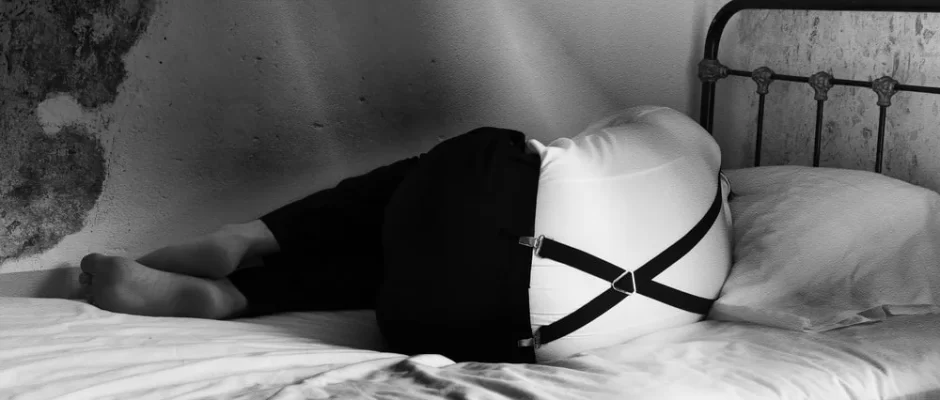Are Mentally Ill Prisoners Being Punished For Symptoms Rather Than Treated?

By some accounts more than half of the prison population in the United States suffers from a mental illness. Once in prison, many of these mentally ill individuals don’t receive treatment and instead their symptoms get worse. The lack of mental health treatment results in many prisoners being punished for their symptoms instead of treated.
Self-Harm Behavior
Incidents of self-harm are common symptoms in some mental illnesses including borderline personality disorder and bipolar disorder. Behaviors such as cutting and suicide attempts require intense treatment. But instead, many prisoners who self-harm face punishment such as being placed in solitary confinement or losing good time. They also face disciplinary hearings rather than therapy sessions. Some states such as Washington, Vermont, and Oregon, have recognized that taking disciplinary action against a prisoner who self-harms does not prevent the behavior. These states have discontinued the policy of punishing those prisoners who self-harm and instead focus on getting help for the prisoners.
Failure to Follow the Rules
A prisoner with a mental illness may not understand that there are rules in prison that must be followed by everyone. Prisons and jails have dozens of rules that prisoners are required to follow, some for safety and some just for the sake of having rules. If a prisoner with a mental illness doesn’t understand where to stand during count, for instance, or where to place his tray after meals, he could be punished. A mentally ill prisoner who suffers from paranoia may be afraid to follow the rules. Situations like auditory or visual hallucinations can sometimes lead to mentally ill prisoners disregarding rules and being punished.
Corrections officers usually aren’t trained on how to recognize mental illness and therefore are unable to determine if someone is acting out because of their illness or just being disobedient. Officers are trained to take control of a situation and when someone steps out of line they are trained to discipline.
Solitary Confinement
Punishment in prison for self-harm, rule breaking, or other outbursts usually involves some sort of segregation from the rest of the prison population. Solitary confinement can harm individuals with no mental illness. It has an especially detrimental effect on those who are already suffering. Being shut in a windowless room without access to other humans can exacerbate the symptoms of the mentally ill and lead to further punishment that places a mentally ill prisoner in an endless cycle.
If you or a loved one with a mental illness has been arrested or convicted of a crime, you need an experienced criminal defense attorney on your side. Elizabeth Kelley specializes in representing individuals with mental illnesses and intellectual and developmental disabilities. To schedule a consultation call (509) 991-7058.


